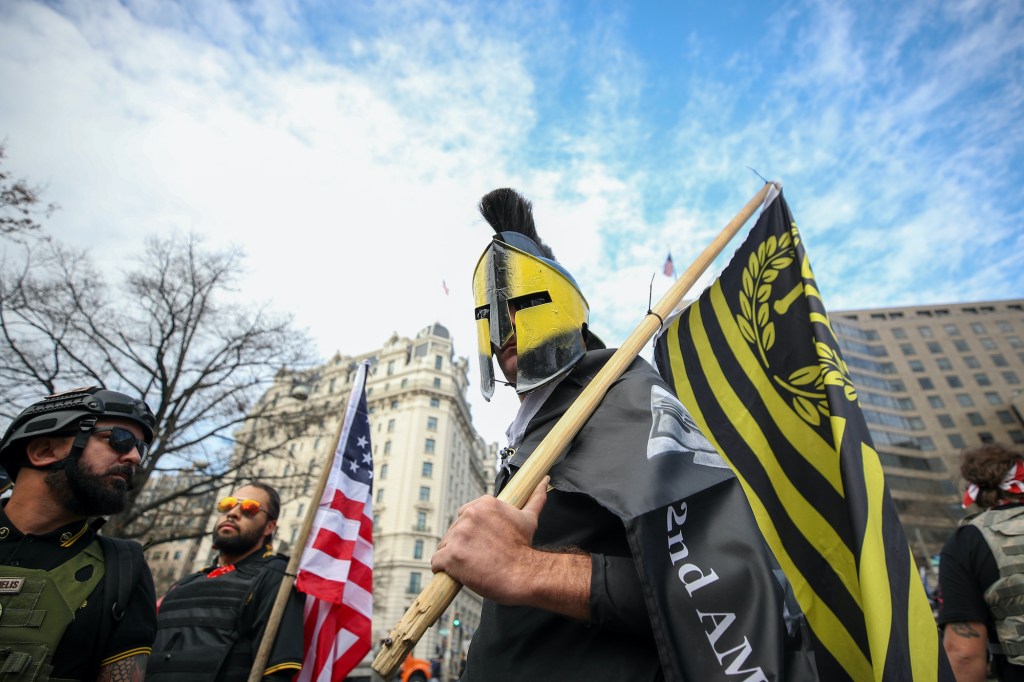Ryan McKnight grew up in the Church of Jesus Chris of Latter-day Saints, like an estimated 60 percent of his fellow Utahns. He was born in the church; he served a mission; was married in the Mormon temple.
“I served the life of your average Mormon until I was 32,” McKnight tells me over Skype. “Then I left the church.” Now the 35-year-old is dedicated to exposing the truth of the LDS church—good and bad—with Mormon Wikileaks, his whistle-blowing site.
Videos by VICE
“My main goal is to promote transparency in the LDS church,” he explains. “Most members aren’t aware of the corporate finances of the church or its internal procedures. They’re donating tons of money to these organization and they’re not even aware of how it’s run.”
Prior to setting up Mormon Wikileaks, McKnight had inadvertently become a go-to for ex-LDS members seeking to expose abuses of the church. It all started when McKnight took the lead in exposing a discriminatory policy that banned baptisms for children of gay couples until the individual turned 18. The so-called November Policy made it into the international press and resulted in an exodus of 1,500 members, outraged at the Church’s homophobic sentiments.
“I was involved in bringing the November Policy to a wider audience,” McKnight tells me, “but I wasn’t attached to it publicly. It was all behind the scenes.” Despite this, people in the ex-Mormon community—specifically on Reddit—knew who McKnight was and over time, he kept being sent information about church abuses.
Read more: This Is What a Mormon Feminist Looks Like
In October 2016, McKnight published a series of videos he’s been sent on a YouTube channel called ‘Mormonleaks.’ In them, senior church figures discussed anti-abortion campaigns, fighting same-sex marriage, marijuana, and even Somali pirates. McKnight’s name featured prominently in articles about the leaks.
“After that I got bombarded with people contacting me, wanting to get stuff out,” he says, reflecting on the period. “But I had people who were apprehensive about my ability to secure their anonymity. They were worried about somebody hacking my computer or something like that. That’s where the idea for Mormon Wikileaks came from.”
Members of the more mainstream LDS church (not to be confused with the Fundamentalist Church of Jesus Christ of Latter-Day Saint, an extreme sub-sect that practice polygamy) grow up in culturally conservative, religiously devout houses. In mostly-Mormon states like Utah, the LDS church has an incredible amount of influence over politicians and other state officials—but very little oversight. McKnight seeks to change this.
For More Stories Like This, Sign Up for Our Newsletter
I ask McKnight where his activism comes from. His response is either diplomatic or deliberately obtuse—I get the impression he’s not on a crusade to take down the Mormon church, but merely to shine a light in its dustier corners. “When we first began to study church history I found out a lot of things I didn’t know that caused me to leave the church” he responds. “There was definitely a cycle of grief I went through—anger, bitterness, denial. For the most part I’ve gotten over that now, though.”
For now, there’s no smoking gun on the site—it’s mostly quite dry organograms of internal church structures. But by creating a space for LDS members to share their experiences of the church, McKnight hopes to prevent further institutional abuses. But he’s keen to stress he’s not only after damaging material.
“We’re not on a witch-hunt for only bad information,” he clarifies. “It’s just about seeking transparency for people.”



